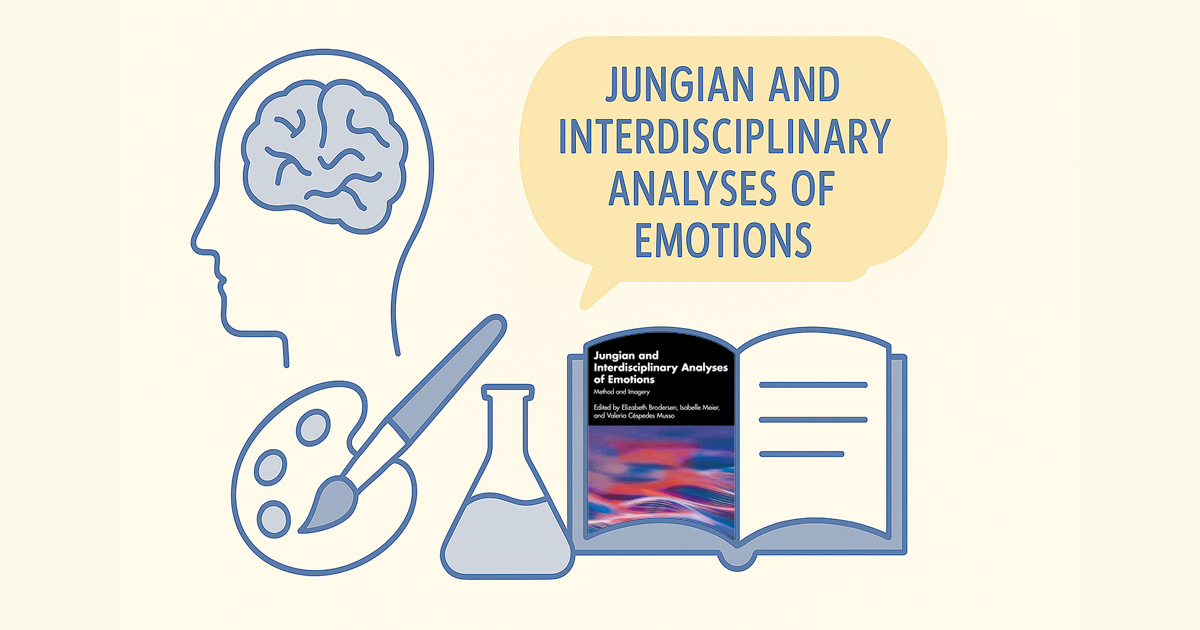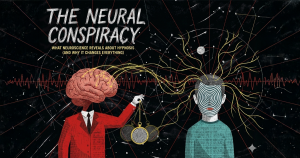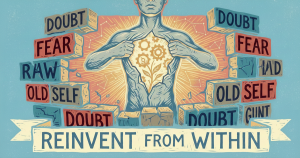Have you ever felt like your emotions are just too much?
You’re doing your best to keep it together—showing up at work, managing your relationships, and pushing forward—but underneath it all, there’s a storm. Maybe it’s anxiety that keeps coming back, grief that won’t seem to fade, or a sense of fear or sadness you just can’t explain.
If this sounds like you, you’re not alone. And you’re not broken.
At Joymind, we believe that strong emotions aren’t something to be ashamed of—they’re a message. They’re your inner world saying: “Hey, something needs attention.”
And that’s where hypnotherapy can help.
Why Are My Emotions So Intense?
We live in a fast-paced world where we’re expected to keep going, even when things feel overwhelming. But emotions like anxiety, sadness, or anger are not random. According to Jungian psychologist Elizabeth Brodersen and her colleagues (2023), strong emotions are often the result of deeper psychological issues that haven’t been resolved—things like past traumas, fears of abandonment, or childhood wounds we didn’t even realize were still affecting us.
These emotions are not the problem. They are the signal.
Ignoring them might work for a little while, but over time, they tend to get louder. You may notice yourself feeling stuck, reactive, or exhausted—even if you can’t quite explain why.
What Is Hypnotherapy, Really?
If the word hypnosis makes you think of swinging watches or stage tricks, we get it. But clinical hypnotherapy is completely different.
It’s a safe, science-backed process that helps you gently access your subconscious mind—the part of you that holds beliefs, patterns, and memories that shape how you feel and behave.
When you’re in a relaxed state, your mind becomes more open. This allows a trained hypnotherapist to guide you into exploring the real reasons behind your emotional triggers. Once you understand where those strong emotions are coming from, change becomes possible—not just on the surface, but deep within.
Research shows that hypnosis can even create changes in the brain’s response patterns (Oakley & Halligan, 2013). That’s why hypnotherapy can work when other approaches haven’t.
“But I’m Not Sure Hypnotherapy Will Work for Me…”
Many of our clients at Joymind felt exactly the same before their first session. They were skeptical, unsure, or even a little nervous.
But here’s what they found: when you give yourself the space to slow down and listen—to really listen—to your emotions, something shifts. You begin to heal.
In fact, anxiety disorders affect over 19% of adults in the U.S. each year (National Institute of Mental Health, n.d.), and the World Health Organization (2022) reports a global 25% increase in anxiety and depression since the COVID-19 pandemic. You’re not alone. Millions of people are searching for real tools that work—not just temporary fixes.
How Will I Know If Hypnotherapy Can Help Me?
Here are a few signs you might benefit from hypnotherapy:
You feel overwhelmed by emotions and don’t know why.
You’re stuck in patterns you can’t seem to break.
You struggle with fear of rejection, abandonment, or not being good enough.
You’re carrying grief, sadness, or anxiety that just won’t lift.
You’ve tried other forms of therapy, but something still feels unresolved.
A Gentle Practice That Supports Healing
One way to start listening to your emotions more gently—even before trying hypnotherapy—is through self-compassion.
Dr. Kristin Neff, a leading expert in emotional well-being, developed a 15-minute mindfulness practice called “soften, soothe, and allow” (Mindful, 2025). It invites you to:
Notice what you’re feeling.
Soften any physical tension.
Soothe yourself with kindness.
Allow the emotion to be there, without trying to fix or change it immediately.
This simple technique can help you build trust with yourself—and it pairs beautifully with hypnotherapy sessions that dive even deeper.
Your Emotions Are Not the Enemy—They’re the Invitation
At Joymind, we see emotional intensity as a call for healing, not a flaw. Hypnotherapy offers a safe and supportive path to understand yourself, reduce emotional suffering, and start living from a place of clarity and confidence.
If you’re feeling curious—even a little skeptical—that’s okay. Just know that something inside you is already asking for care, for calm, and for change. We’re here to help you take that first step.
References
Brodersen, E., Meier, I., & Musso, V. C. (Eds.). (2023). Jungian and Interdisciplinary Analyses of Emotions: Method and Imagery. Routledge. https://www.routledge.com/Jungian-and-Interdisciplinary-Analyses-of-Emotions-Method-and-Imagery/Brodersen-Meier-Musso/p/book/9781032932200
Mindful. (2025, April 12). A 15-Minute Practice to Soften, Soothe, and Allow Difficult Emotions. https://www.mindful.org/a-15-minute-practice-to-soften-soothe-and-allow-difficult-emotions/
National Institute of Mental Health. (n.d.). Any Anxiety Disorder. https://www.nimh.nih.gov/health/statistics/any-anxiety-disorder
Oakley, D. A., & Halligan, P. W. (2013). Hypnotic suggestion: Opportunities for cognitive neuroscience. Nature Reviews Neuroscience, 14(8), 565–576. https://pubmed.ncbi.nlm.nih.gov/23860312/
World Health Organization. (2022). Mental Health and COVID-19: Early evidence of the pandemic’s impact. https://www.who.int/publications/i/item/WHO-2019-nCoV-Sci_Brief-Mental_health-2022.1














